Miriam Mulcahy speaks to recently retired GP Dr Adrian McGoldrick about his experience with long Covid and
why he believes that services for the condition need to be put in place
It’s been an interesting last 18 months, I must say,” GP Dr Adrian McGoldrick told the Medical Independent (MI).In June 2020, Dr McGoldrick tested positive for Covid-19. He could not have predicted what lay ahead: Long Covid and being forced to retire from his Newbridge-based practice in Co Kildare after 41 years as a GP.
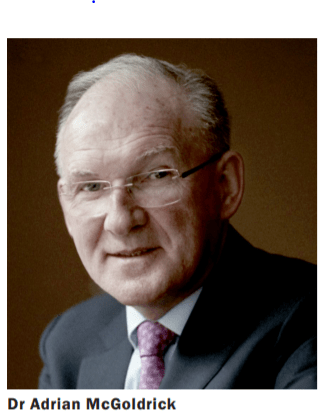
“Last June [2020] I went off and had myself swabbed, purely because I was in nursing homes and patients were unwell, and on a Tuesday morning, my secretary rang me to say, ‘Adrian you’ve tested positive, get the hell out of here’. One of the nursing homes I had been in, I didn’t realise it, the previous day, four of my patients turned out positive, and 21 patients and 10 staff were positive in the nursing home.”
Subsequent to his positive test, Dr McGoldrick developed symptoms.
“I had a slight cough, I had a very unusual rash, when I woke up in the morning the sheets were covered in blood, my skin was very fragile, my sense of smell and taste were totally abnormal. I isolated for 14 days, felt 100 per cent. Then on the final Thursday I slipped a disc in my back, so had to go for further back surgery, came home, worked remotely for a further six weeks, was seeing patients, energy perfectly fine, everything okay, finally went back to work at the end of August, and in September, the fifth day back, I could not get out of bed.
“When I went in, my [practice] partner Dr Bernard Healy said, ‘look Adrian, you should be in hospital,’ I said ‘no, I’m just tired, post-viral’. I tried to come back the following week, but I had to go home and he said just take a month out – I saw a consultant who said it was post-viral fatigue, but over the following month I was getting worse and worse, to the stage where I physically couldn’t lift my phone and make a phone call, the fatigue was so profound.
“Eventually I had my partner admit me to hospital and within 48 hours of getting in I had a cardiac MRI, which showed scarring of the anterior and inferior chambers of my heart, so it was obvious it was post-Covid myocarditis. I was home within three days and just told to rest for the month: I did very intensive cardiac and pulmonary rehabilitation. I worked from October through to June, but I still had the ongoing problem with my back, so I decided to call it a day at the end of June.
“I had a lot of time to read, I found a paper that came out of Germany and had 130 patients that were asymptomatic or had mild Covid – over 80 per cent of them ended up with cardiac problems. What it brought home to me was that even with mild Covid you have the potential for serious side-effects. We’ve done remarkably well in Ireland with 93 per cent of people over-18 and 90 per cent of people over-16 fully vaccinated.
“The reason why we have such a high vaccine uptake is, one, an educated population and, two, a very clear message from the Government and public health,” said Dr McGoldrick, who was speaking before the new restrictions announced on 16 November.
“I don’t think anyone should underestimate the effect [Dr] Tony Holohan and his team are having. How effective they were – we got a very clear picture. We didn’t like it at times. And the way the Government rolled out the vaccine through surgeries, it was very onerous on us, but it worked and when the pharmacists came on board it was a massive boost.”
He participated recently in an ICGP webinar where an epidemiologist from New Zealand tried to glean how the Irish were so successful; with only a 57 per cent vaccination rate they are very keen to copy the Irish model.
Long Covid
Dr McGoldrick emphasised the need for better health services for people with long Covid. “Long Covid is when the symptoms persist for more than two-to-three weeks,” he said.
“Most will clear within nine months. We don’t, as of now, have a long Covid clinic so I couldn’t even refer my patients on. I sent them to Tallaght – based on the data about 10 per cent of the population will have long Covid. There’s an absolute need for long Covid clinics. There’s long fatigue, brain fog, there’s a lot of medical staff out with long Covid, and it is not being acknowledged how severe it is. I would say I’m 90 per cent over my long Covid symptoms, I have a little bit of fatigue, but that could be my age as well.”
Similarly, Dr McGoldrick said the heart complications arising from Covid have not been fully recognised.“I think we are totally underestimating the amount of people who have pericarditis or myocarditis from Covid. Simply because of our health system – we only have five or six cardiac MRIs in the country. Unfortunately they are mainly in private hospitals. I had an echocardiogram – that was completely normal. It was only the cardiac MRI that picked up the scarring in my heart. The vast majority of people who go into hospital with Covid do not get a cardiac MRI – and I think we’ve probably totally underestimated the number of people who have long-term cardiac problems from Covid and that’s purely down to us not having the technology to do it.”
Dr McGoldrick said if he had gone to a public hospital it was unlikely he would have received his diagnosis. “I’d have been told it is post-viral fatigue. I won’t call it a deficiency, because I saw for myself the work all my colleagues did on the frontline was just remarkable. I certainly wouldn’t point fingers in any way, but their hands are tied, they didn’t have the equipment to make the diagnosis; with a cardiac MRI a lot more cases would have been diagnosed.”
He believes a lot of patients with long Covid are being labelled with post-viral fatigue “but, if they got the cardiac MRI it would be a different diagnosis, there in black and white, you have post-Covid myocarditis. Without this it’s hard to stand over a diagnosis and sign people off for going back to work.
“Years ago I was very sceptical about post-viral fatigue, I really thought it was pie in the sky. I started seeing patients with it, we couldn’t pinpoint what was causing it, but they definitely had post-viral syndrome. There can be no doubt that long Covid is a very serious, very genuine disease.
“I think there’s a lot of medical people out there with long Covid who didn’t get the cardiac MRIs and haven’t got the definitive diagnosis. They had Covid, they had all the symptoms, if you’ve had Covid, if you have scarring on your heart, it’s black and white, it’s post-Covid myocarditis. The cardiac MRI nails it. Otherwise it’s impossible to prove.”
A GP for 41 years, Dr McGoldrick retired in June 2021, but still works as Senior Medial Officer for the Turf Club, and also keeps his hand in at Ballydoyle and Kildangan studs. “I have enough to keep me ticking over. I did 41 years in general practice, so it was enough. I do 36 days a year with the Turf Club, today I was in Killarney; I’m all over the country with the Turf Club, which is great. It keeps the old brain stimulated. And it keeps me in touch with people, absolutely, it’s very important.”
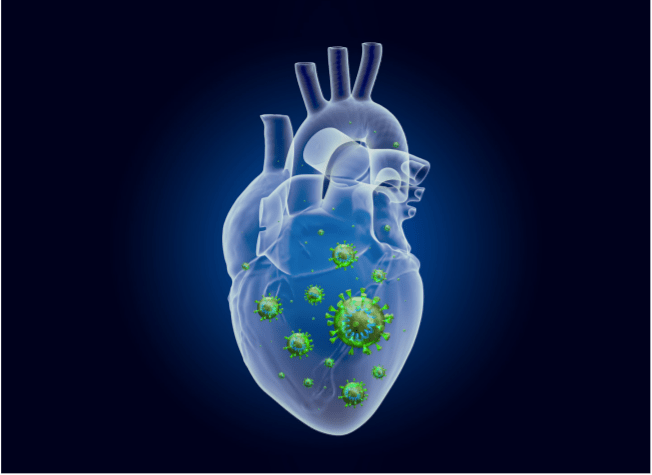
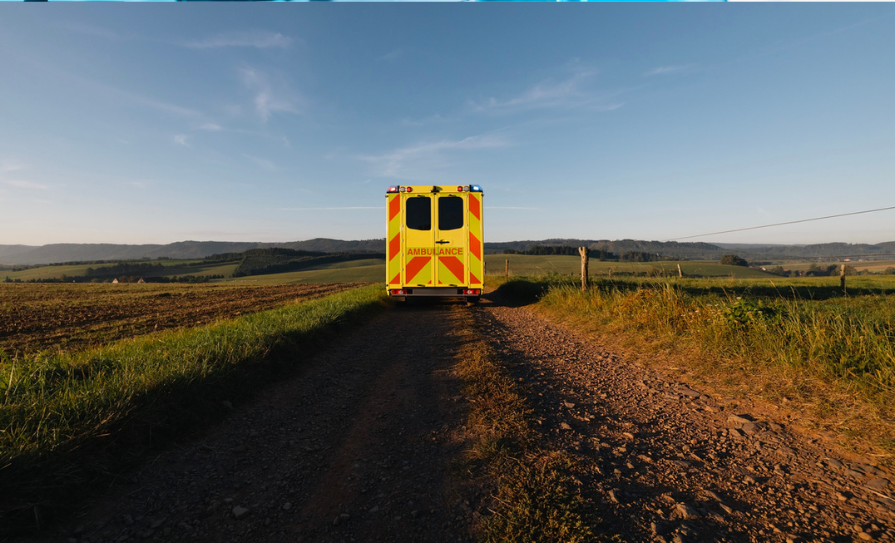
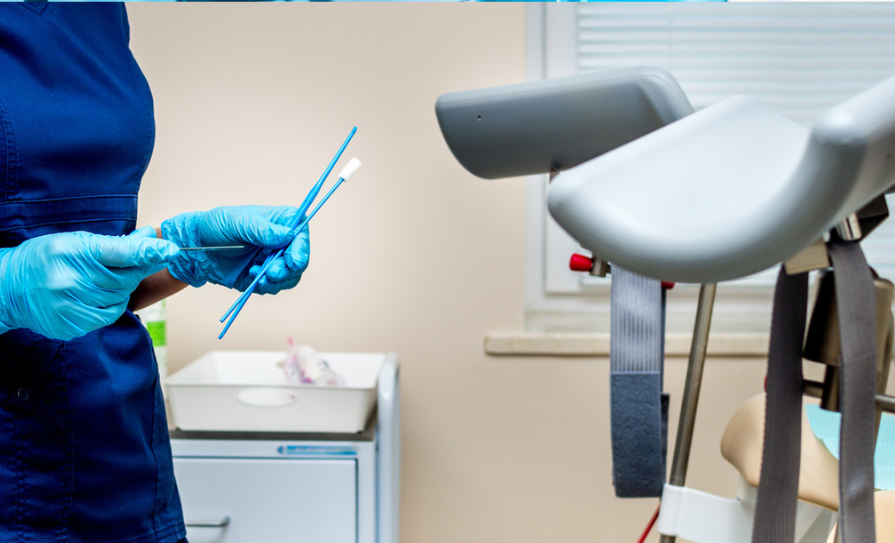
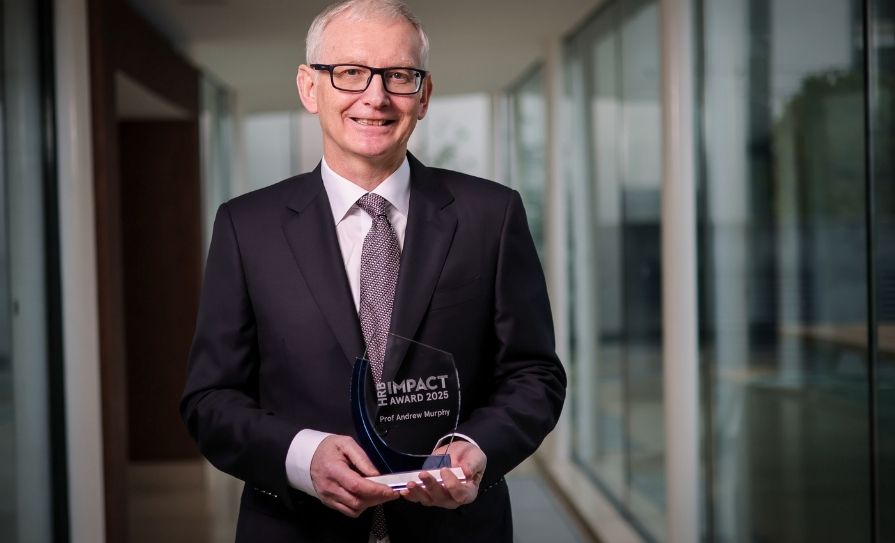









Leave a Reply
You must be logged in to post a comment.